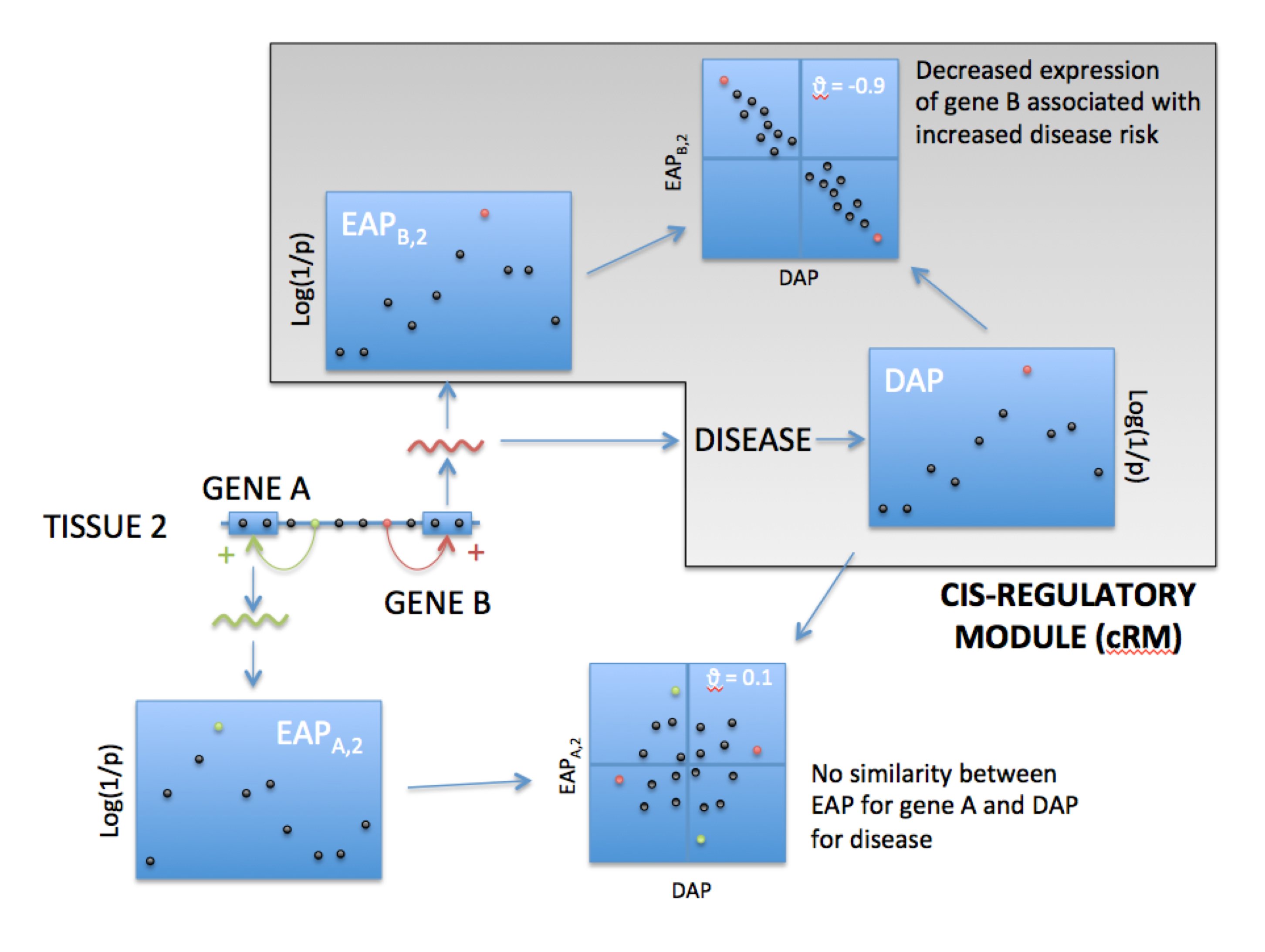Developing CEDAR: Julia Dmitrieva
1, Ilya Altukhov
2, Dimitry Alexeev
2,3, Yuri Aulchenko
3,4, Michel Georges
1.
1Unit of Animal Genomics, WELBIO, GIGA & Faculty of Veterinary Medicine, University of Liege, Belgium;
2Moscow Institute of Physics and Technology, Russia;
3Institute of Cytology and Genetics, Novosibirsk State University, Russia.
4PolyOmica, 's-Hertogenbosch, The Netherlands.
Funding CEDAR: CEDAR was funded by grants to Michel Georges from WELBIO (CAUSIBD), BELSPO (BeMGI), and Horizon 2020 (SYSCID).
Citing CEDAR: Momozawa et al. Risk loci for inflammatory bowel disease are enriched in multigenic regulatory modules that act across cell types and encompass causative genes. (2018) Nat Communication, in press.
Using CEDAR: link to user guide
Downloading CEDAR data: Array Express E-MTAB-6666 and E-MTAB-6667 or
link to data




